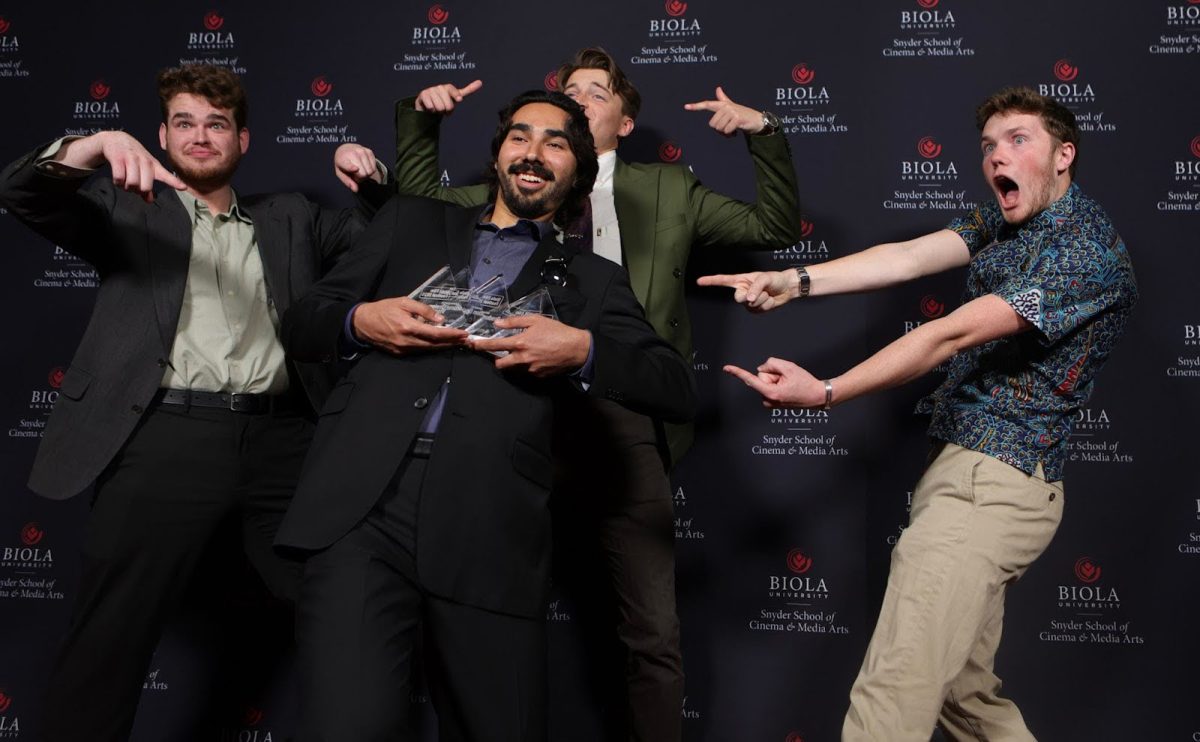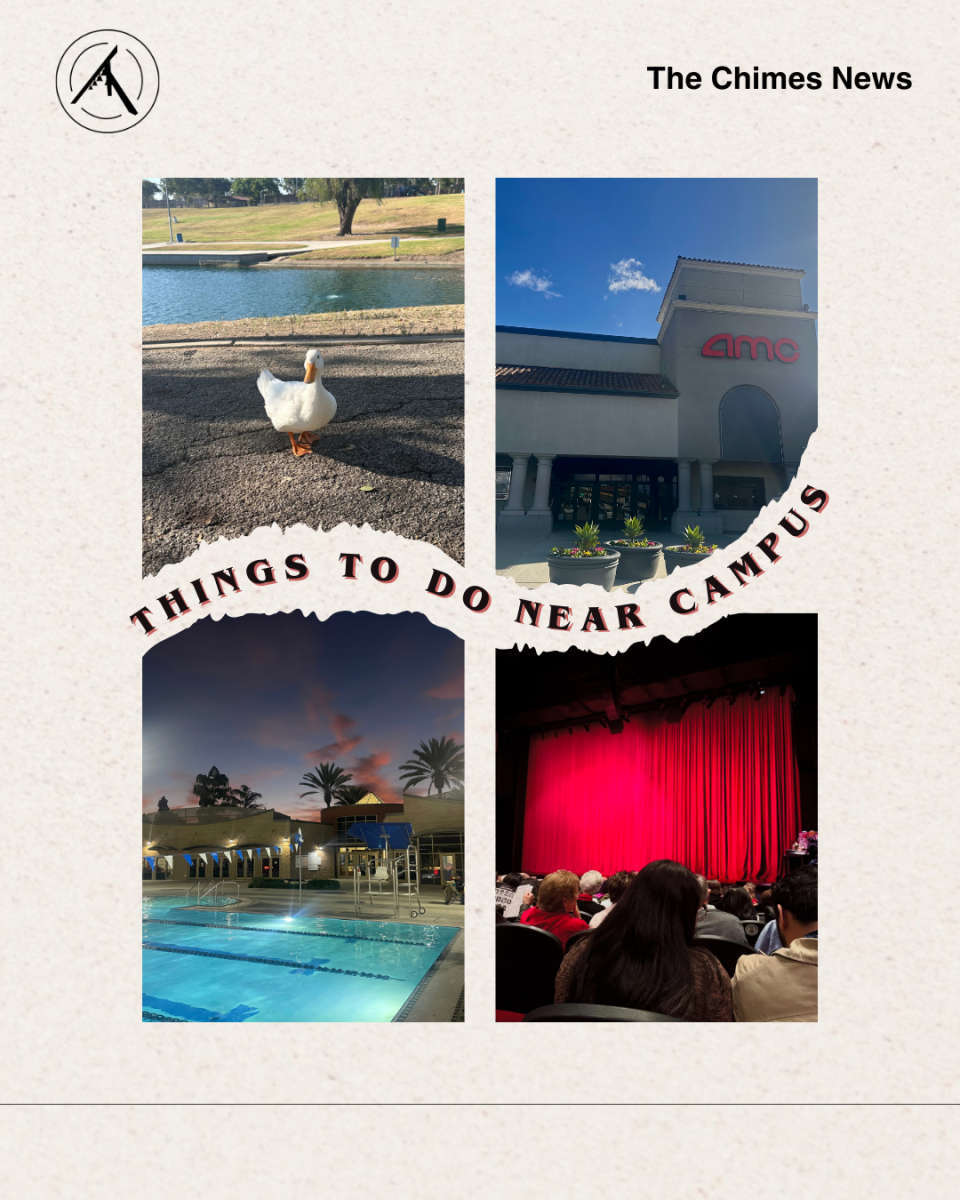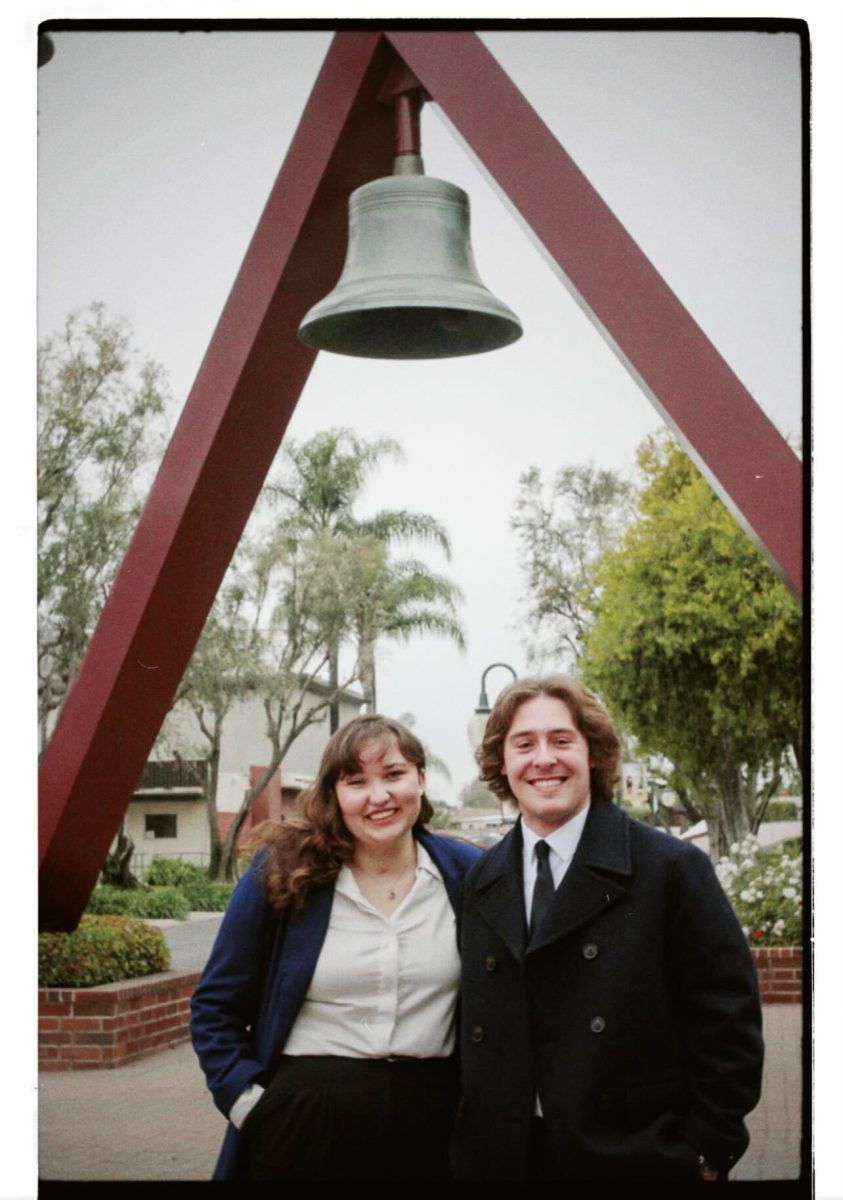AURORA released her fourth album “The Gods We Can Touch” on Jan. 21, a healthy distance from her previous album, “A Different Kind of Human (Part II).” It is contemplative at times, and at others, a head-banging, 80s infused anthem about love.
INTO THE DIVINE
AURORA has dabbled in several different genres such as Native American folk music and even contributed to the “Frozen 2” soundtrack, marking “The Gods We Can Touch” as her most mature and accomplished work to date. Her album is an exploration into layers of pop catharsis whilst decomplexing the concept of the divine.
The album opens with “The Forbidden Fruits of Eden,” a mix of angelic acoustics that set the tone of the album before reaching into the second track “Everything Matters (feat. Pomme)” a stand-out track of lyrical mastercism and funky ritualistic beats. The melodies sound like air as the artist’s ballad depicts an ordinary relationship transformed into a divine and intrinsic part of the universe.
AURORA IN LOVE
To AURORA, love and divinity go hand in hand, causing a romantic element of humanity as God to enter every song. However, in “Giving In To The Love,” the art-pop singer’s vocals are drowned out by overbearing drums. More conventional than other tracks, it misses the mark on groundbreaking divinity.
Combating this, “Exist for Love” is masterfully created and executed, cradling listeners in a lullaby-like delicacy. AURORA’s vocals breathe freely here as she describes what it feels like to fall in love. She personifies love, giving it personality and physical being, to prove her declaration that love is all-encompassing “Like white horses on the waves/I think it feels the same.”
However, AURORA’S view on love is not always positive. In her 11th track “A Dangerous Thing,” AURORA depicts a tumultuous relationship claiming “I keep forgetting/ There’s no love in the end.” Her multifaceted view on love and relationships is extreme—love is an enrapturing savior or it is a thief, stealing joy from wide-eyed believers.
Overall, AURORA’s fourth album masterfully captures the essence of folkloric love balanced by angelic melodies and electronic dance tracks. The artist never plays it safe and constantly tests her boundaries, allowing her to create truly inspired work such as “The Gods We Can Touch.”

















